 AD
AD
Today is: December 08
Scroll to explore events active on this date.
Additional Events on LEEP
LEEP INK FEATURES

August? Absolutely!
In August, we live through the Dog Days of Summer. It's hot and often humid, and those who can leave for better climates do. Down south, winter is in full force. August is also known as "the ...

In The Heat of July: July 2025 Events
Is it hot enough (or cold enough if you're below the equator) for you yet? There is actually a day for that! Like every month, I pick a diverse collection of events you may or may not know about. This ...

May Blooms: Events in May 2025
Along with October, May is one of the most densely packed months of the year. It's before the summer humidity and the last whole month of the school year. The weather is warming in t...
About Brazil's Nosso Senhor do Bonfim Festival
Brazil & South America
Ends: Jan 19, 2025
DESCRIPTION:
The Nosso Senhor do Bonfim Festival (Our Father of Happy Endings) is a vibrant and deeply spiritual event that annually graces Salvador in the northeastern state of Bahía, Brazil. It is a fusion of Catholic and Candomblé traditions.
Candomblé is an Afro-Brazilian religious tradition created during the colonial. Most Candomblé people are descendants of slaves. Their culture combines elements of African traditions, particularly those of the Yoruba, Fon, and Bantu peoples, with influences from Roman Catholicism. At the heart of this celebration is the Nosso Senhor do Bonfim church, an iconic religious site.
Participants wear traditional white attire and embark on a procession that stretches approximately eight kilometers (five miles) from the Church of Conceição da Praia (Church of the Conception by the Beach) to the Nosso Senhor do Bonfim church. This pilgrimage blends joyous chants, music, dancing, and fervent prayers bolstered by images of Jesus and Candomblé deities.
One of the most striking symbols of this festival is the "fitas", or wish ribbons, usually in vibrant hues. Ribbons are tied to the church gates or worn on wrists; each knot represents a wish or prayer. Festival goers believe their wishes come true once the ribbon falls off naturally.
The festival features an intriguing ritual known as the "Lavagem do Bonfim" (Washing of the Bonfim). Women dressed in baianas, a traditional Bahian attire, ceremonially wash the church's steps. This act, imbued with religious significance, is said to purify the church and attract blessings for the new year.
The ten-day festival includes culinary delights, music, and street dancing. The rhythms of samba and Afro-Brazilian beats resonate throughout the city, making the Nosso Senhor do Bonfim Festival a favorite with locals and tourists alike.
VIDEOS
SUPPORTING DOCUMENTS
Currently, this event does not have supporting documents.
ADDITIONAL IMAGES
Currently, this event does not have supporting images.
Where would you like to go now?
 AD
AD


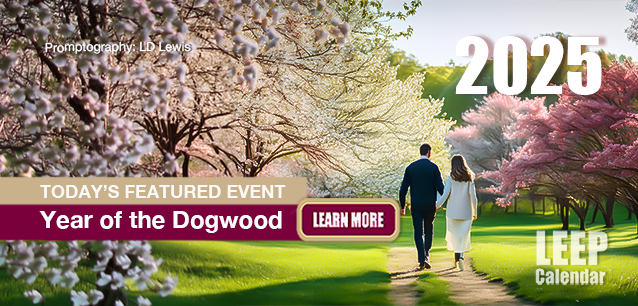







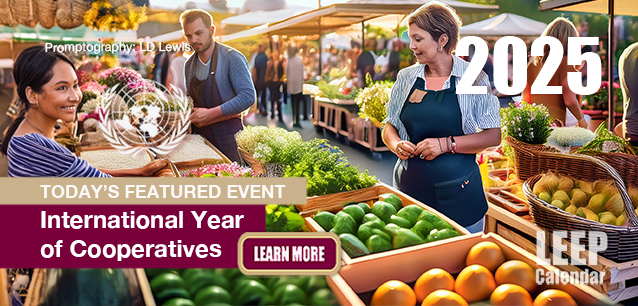

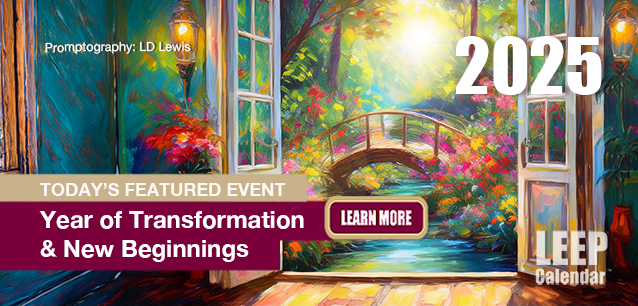


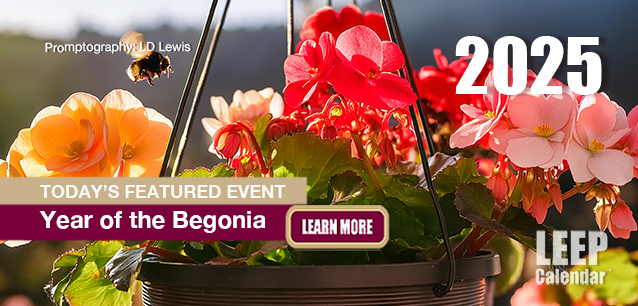
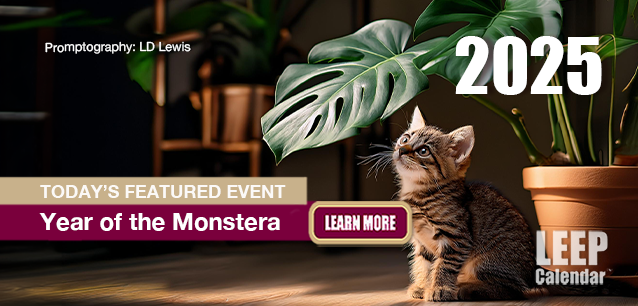

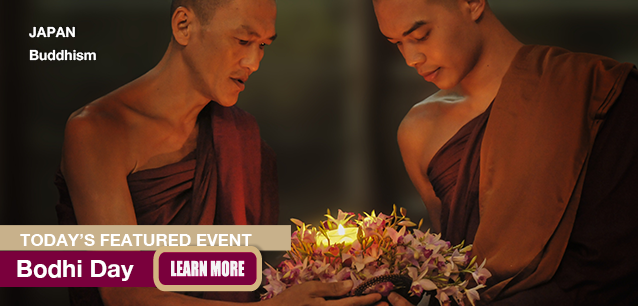



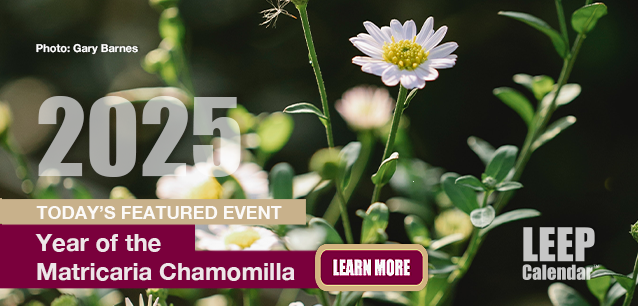








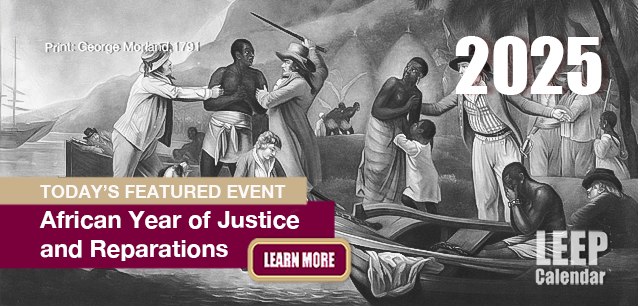




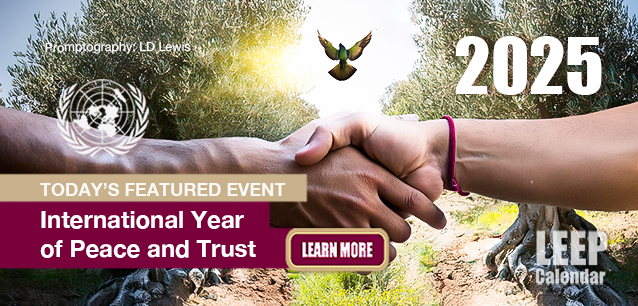













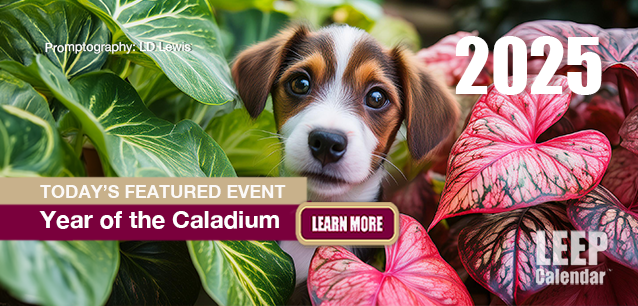



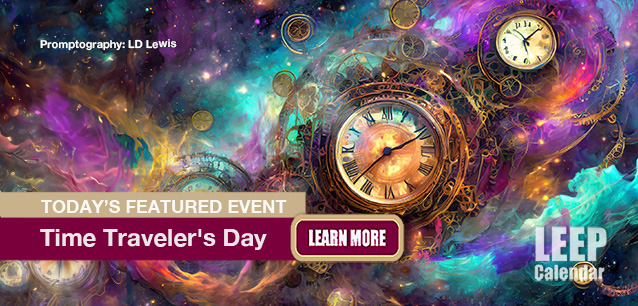








/footer-logo.svg)
